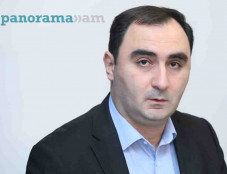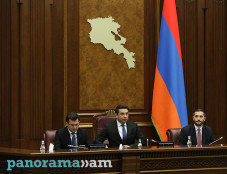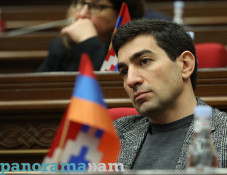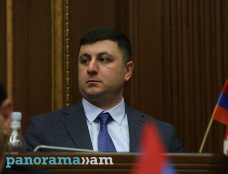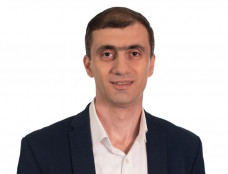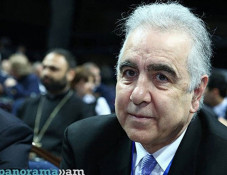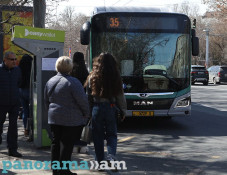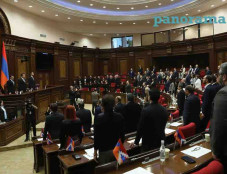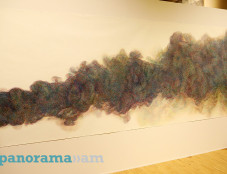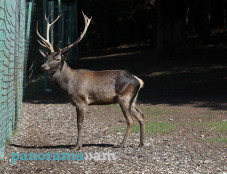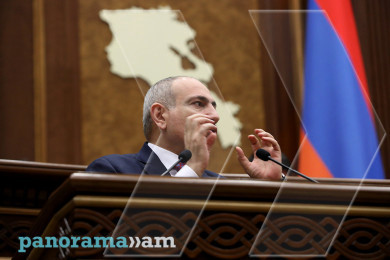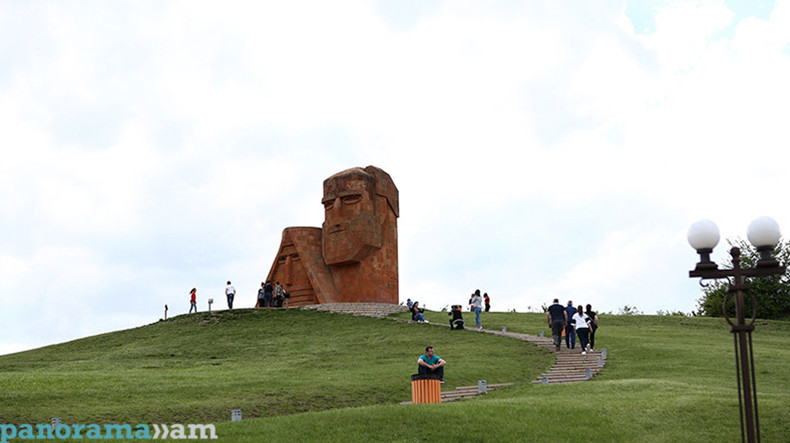
Artsakh Republic: In search of recognizing a second Armenia
Investig’Action French website has published a long article on Armenia and Artsakh, stressing a visit to the two countries will eliminate misperception in a number of issues.
“On the sidelines of La Francophonie Summit held in Yerevan in October 2018, a group of journalists had an opportunity to visit not only Armenia but also Artsakh – the Armenian name of Nagorno-Karabakh,” the article said, adding Artsakh was a mainly Armenian-populated land but was incorporated into Azerbaijan after the collapse of the Soviet Union.
Afterwards, the Karabakh Armenians demanded to unify with Armenia, a move that was obviously opposed by Azerbaijan. “A war breaks out to preserve the artificial territorial integrity, lasting from 1988 to 1994 when a ceasefire agreement was reached,” the article added.
Investig’Action says Yerevan, along with entire Armenia, continues its path, leaving a controversial impression that it is more united and less complicated than other post-Soviet states sandwiched between the East and West.
Armenia is a EAEU member state, at the same time having good relations with the European Union, the U.S. and most of the other countries worldwide, expect 2 of its 4 neighbors – Turkey and Azerbaijan.
Amazing dynamism
The author of the article stresses that first of all, the Artsakh Republic is struggling for its right to existence and recognition, but its final goal is obviously a union with Armenia.
“Upon arrival, capital Stepanakert leaves an incredible impression that it is more disciplinary and peaceful than Armenia,” reads the article.
The visit of the international reporters' group to this region ‘almost totally neglected’ by mass media timed to the harvest festival held in a wonderful atmosphere of songs, wine tasting and smell of barbeque. Cleanliness in Stepanakert can even inspire several European countries.
The author also highlights the development of education and culture in Artsakh, especially the language teaching, adding regardless of the war, everyone in the country speaks Armenian and Russian, with kids learning French and English at schools. The article points out the art, music and painting schools across Artsakh as yet another manifestation of its people’s strong desire for survival and development despite all threats, since the Artsakh people believe Azerbaijan, which dreams of destroying them, can relaunch the war at any moment.
Armenians are unanimous in the issue
All Armenians agree that they should support their compatriots in Nagorno-Karabakh regardless of their ideological or party differences. The author agrees the unanimity with the absence of geopolitical dimension in the issue, as it is the case with the Crimea or Kosovo.
The article also reflects on the fact that Azerbaijan is a major oil producing company, which is bigger and richer than Armenia that, although, has gold mines, but their operation was disputed during the demonstrations this spring. New Prime Minister Nikol Pashinyan has questioned the previous authorities' permits regarding the exploitation of the gold mine amid claims it may pollute the resort town of Jermuk.
Summing up, the author says that Artsakh and Armenia visits can question several ideas. The visit of media representatives to Artsakh did not please the Azerbaijani government, which quickly announced that the journalists, who had arrived in the country to get first-hand information, will end up in their black list, which bans their entry to Azerbaijan.
Translation by Panorama.am
Newsfeed
Videos





